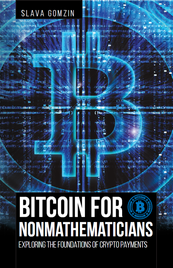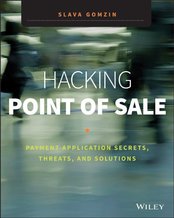Imagine that dozens of mutual funds, pension funds, and endowments hold Bitcoin in the Bakkt warehouse. If Asset Manager A buys $200 million in Bitcoin from Asset Manager B, the Bitcoin tokens simply move from B’s account at Bakkt to A’s account at Bakkt, via a trade on the ICE exchange. The total number of Bitcoins held at Bakkt doesn’t change. Let’s assume that millions of those transactions happen every day, all inside the Bakkt ecosystem. Bakkt simply keeps a ledger of those offsetting Bitcoin debit and credits. The individual purchases and sales don’t need to be broadcast to the blockchain.
|
Here is more details about Bakkt - a Microsoft/ICE/Starbucks plan to centralize Bitcoin (and I guess other cryptocurrencies in the future) trading. Basically, Bakkt warehouse is going to be another centralized exchange with private version of Bitcoin Lightning, a singleton proprietary off-chain settlement machine where all fees associated with transactions are paid to the single owner of the warehouse. Such approach obviously contradicts the principle of cryptocurrency decentralization. Although unlike credit card payments system banks are not part of this scheme, corporations are still going to set the rules of the game. You will have to have an account in this system in order to pay or get paid, which means there is still someone who decides whether you are or you are not eligible (not to mention privacy and security concerns associated with any centralized system).
0 Comments
Leave a Reply. |
Books
 Crypto Basics Crypto Basics
 Bitcoin for Nonmathematicians: Exploring the Foundations of Crypto Payments Bitcoin for Nonmathematicians: Exploring the Foundations of Crypto Payments
 Hacking Point of Sale: Payment Application Secrets, Threats, and Solutions Hacking Point of Sale: Payment Application Secrets, Threats, and Solutions
Recent Posts
Categories
All
Archives
March 2023
|




 RSS Feed
RSS Feed
